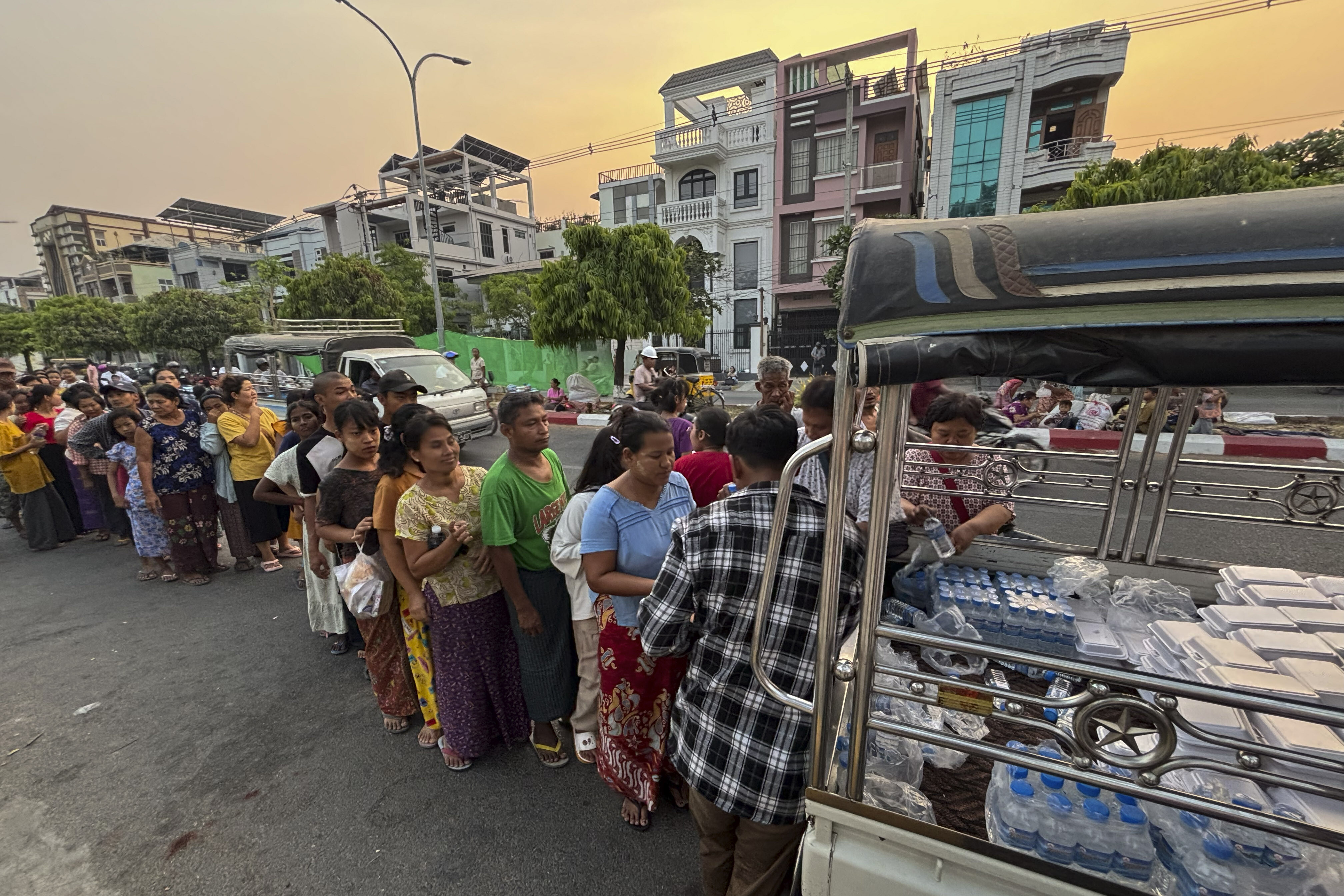Aid effectiveness
Risky investments
When the general public hears the term development aid, they generally associate it with questionable projects that help the rich and powerful, facilitate corruption and possibly even harm the countries on the receiving end. Such media reports increase pressure on the aid profession to identify success stories.
“Development aid is a kind of redistribution,” says Peter Nunnenkamp from the Kiel Institute for the World Economy. “You never know what kind of effect that will have.” The same, he adds, applies to tax policies. When it comes to such questions, scholarship often has “extremely little to offer,” Nunnenkamp told a symposium on aid effectiveness in Berlin at the end of May. The event was organised by the German Development Institute (DIE-GDI) and Oxfam Germany.
“There is no one correct approach to development cooperation,” says Reinhard Hermle of Oxfam Germany. “It’s a constant search for the right effects.” Unwanted side effects, he warns, are impossible to rule out.
Jörg Faust of DIE-GDI says there is clear proof of aid policies serving the “self-interest and foreign policy of donor countries”. This is particularly evident in the case of Switzerland and the United States, he argues, as both countries supply aid to partner countries which vote the same way at the UN as they do. Nunnenkamp even blames non-governmental organisations from donor countries of following that approach.
Development projects and programmes have direct and indirect effects. Accordingly, it is very difficult to exactly measure the impact of any single developmental measure. However, Faust says there are further reasons for the general public’s skepticism:
– scholars who are critical of development cooperation have skilfully marketed their studies,
– the multilateral policy arena is fragmented and poorly coordinated, despite efforts to harmonise donors and make aid more effective, and
– global-development polices are becoming ever more comprehensive, which does not contribute to the credibility of the actors involved.
The formidable agenda of global-development agencies, however, does not only make sense – it is necessary, as DIE-GDI’s Dirk Messner points out. After all, what matters is that developmental interventions have an impact on globalisation and even shape its complex dynamics. Therefore, the possibility of failure must be taken into account from the very beginning. Messner speaks of “risky investments”. It is generally agreed, for example, that involvement in a post-conflict country often goes awry. On the other hand, those interventions that do succeed are crucial for peace to take root.
Furthermore, it is clear that numerous other factors crucial to success exist beyond the narrowly-defined field of aid. Poverty alleviation measures are often thwarted by environmental damages or trade policies, and aid effectiveness is impaired accordingly. “We are convinced that we’ll reach the Millennium Development Goals by 2015, if nothing extreme happens,” says Dorothee Fiedler of the German Ministry for Economic Cooperation and Development.
But that is exactly what occurs again and again. “In the fight against poverty, the food crisis has set us back five or six years,” Messner says. Especially in Africa, where the number of people who are forced to live on less than $ 0.50 a day has gone up substantially. (eli)











